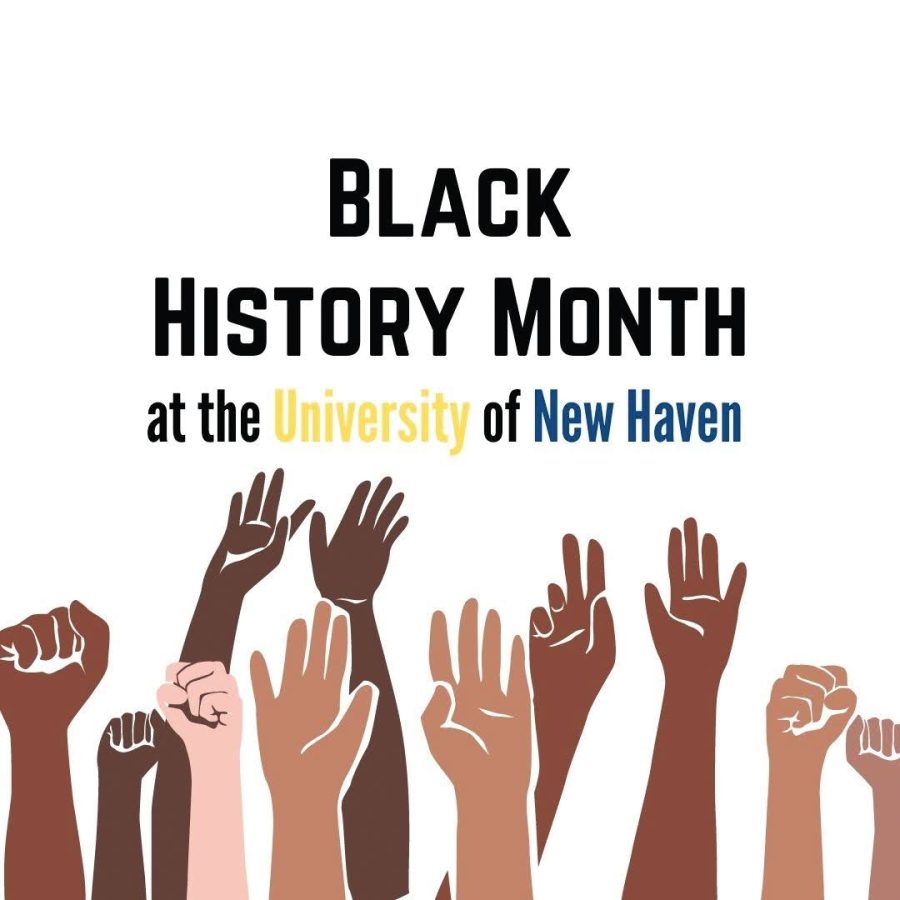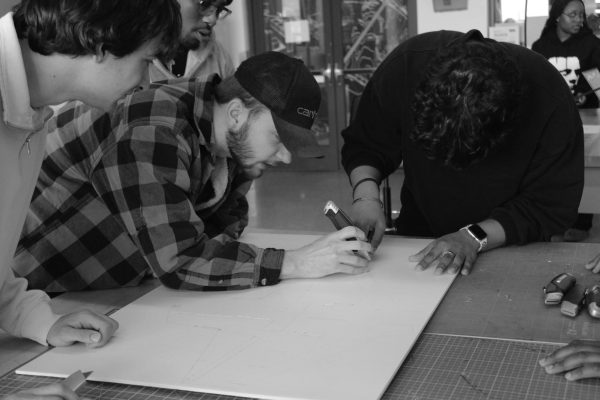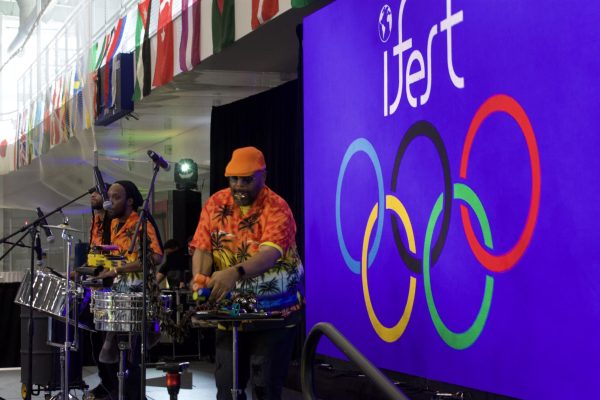University community discusses interpretations of BHM
When you think of Black History Month (BHM), what is the first word that comes to mind? Is it a celebration, a time to recognize the achievements made throughout history? Is it remembrance, a time dedicated to acknowledging the challenges that many Black people have faced in the past and present? Black History Month has an abundance of different interpretations from people around the nation, but what does it mean to you?
Students and staff around the University of New Haven campus were interviewed on their individual interpretations of BHM.
For Zanaiya Leon, the assistant director of the Myatt Center for Diversity and Inclusion, the first word that came to mind was “learning.” Learning not only about Black figures throughout history, such as Martin Luther King Jr., Rosa Parks and Frederick Douglas, but taking time to acknowledge and learn the stories of Black resilience and those who overcame their challenges.
According to Leon, she spent a lot of time learning at home, mentioning in particular that when she was younger, her grandfather hosted a Kwanzaa fest.
“I’ve been striving to let people know Black history is American history,” Leon said. “Everyone played a role and many did a lot of work to get us where we are and that should not be disregarded.”
Senior communication major Jada Clarke, said, “the first word I think of when I hear Black History Month is representation.”
She said that proper representation is a vital process involved in Black History Month, as it showcase] different cultures and ethnicities. It also brings attention to the many stories and lessons that have been passed down from prior generations, and brings forth role models for newer generations.
“Without representation,” she said, “the Black community would be misrepresented through stereotypes and assumptions.”
There are many more interpretations of Black History Month at the university. For some, one word just isn’t enough to begin to explain what this month means to them. Members of the university’s NAACP and Black Student Union (BSU), all pitched in their own thoughts.
“When I think of Black History Month, I think of the rich culture, influence, excellence, and success that the Black community has accomplished within the years,” said political science major, Saniyah J. Brinney. “The importance in understanding the past, the trials and tribulations that have only led to the allowance of ‘my generation’ to ‘say, be, and do the things that we’re actually able to accomplish and partake in.’”
Tamia Law, Aarón Brooks and Destiny-Jenkins Rubins, E-board members of NAACP, used words such as “representation,” “revolutionize” and “awareness,” while describing what Black History Month means to them.
Aarón Brooks emphasized the importance of “supporting and recognizing Black excellence,” and standing behind their community so that all voices, big or small, can be heard.
So I ask you again, when you think of Black History Month, what does it mean to you?








